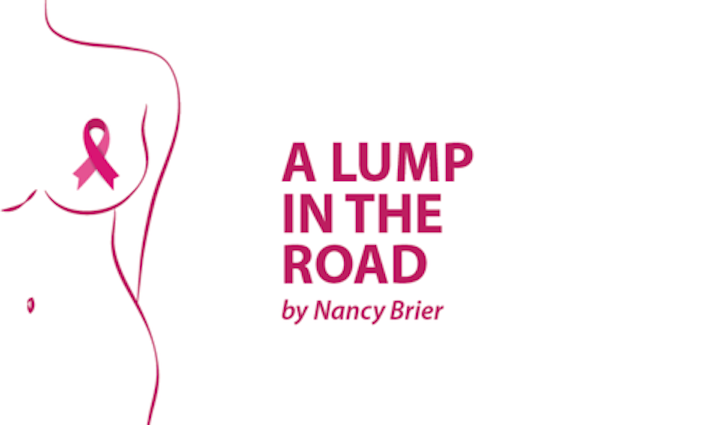My boss brought it up a couple of times, but the rule was clear: Polite people don’t mention it.
Norma didn’t follow that rule. She’d walk down the hall fanning herself, her sweater flung over the nearest chair and her skin suddenly flushed red. “I’m having a hot flash,” she’d announce, and I’d squirm. I was 30 years old and had just moved from Kansas City to New York City to start a new job.
My boss was starting a new phase of her life, too, one none of the women in my life ever talked about even though I had a mom, sisters, aunts, friends, teachers, and plenty of cousins. Would it have killed them to give me a clue?
I never heard the word “menopause” said out loud. I never heard it whispered, either. But during cancer treatment, I got a crash course.
My oncologist warned me that chemotherapy would induce menopause. But chemotherapy has so many side effects that my husband and I had to sit through an hour-long seminar before they’d administer the drug. If I listened to all of it, I would have lost my mind — and I doubt I would have understood it anyway. Menopause is one of those experiences that are universal for all women but concurrently private. Each woman’s journey is uniquely her own, and there’s no way to hop into someone else’s body to feel it from a different perspective. Plus, I had my hair to worry about. And the whole question about whether I’d survive cancer and the punitive treatment it required.
A few women I know say they had no real symptoms of menopause at all. Their bodies just shifted, and they quietly moved from one chapter of their lives to another. One girlfriend said she hadn’t realized her periods stopped until she saw an ad for tampons and remembered she no longer needed them.
Other friends say they endured a tornado: dried out body parts, mental fog, hot flashes, depression, and a shift in libido — that is, no libido. Their sex lives were in the crapper and their partners weren’t happy about it.
But after talking with lots of women who are refreshingly open about the subject, I’ve come to understand that chemo-induced menopause is the mother of all menopause. It’s chemopause.
In my conversations, I’ve learned that menopause usually happens gradually. It starts with perimenopause, which on average lasts four years. That’s a long, drawn-out time for women to dip their toe in the pool of “the change” before they have to dive in. Chemopause, on the other hand, is the big brother who shoves you into the deep end and laughs when you emerge sputtering and bewildered, your outfit ruined, your makeup smeared, and your hair a mess.
Chemopause rolled over me like a tidal wave, starting in earnest after my second session. My long blond hair was just starting to fall out in clumps when I noticed menstrual cramps between the bouts of nausea I’d come to accept as my new normal. When those cramps came, I thought I was having period pain until I read about “phantom cramping,” a cruel trick my body was playing on me.
A Marine friend told me all about this weird phenomenon. One of life’s most egregious injustices was that my friend’s leg was killing him even though he didn’t have it anymore; it had been amputated. Similarly, my periods were killing me even though I wasn’t having them anymore, either.
My hot flashes were so severe they kept me up at night. “Don’t touch me,” I’d tell my husband when he tried to give me sweet love. Sweat would literally drip down my back when everyone else was cold.
Now that I’m four years into this phase, my symptoms aren’t so bad. But I’m afraid a new phase is beginning. I’m watching in horror as the final remnants of my girlish waist fade away despite regular visits to the gym. My hair is thinning just when I’ve become accustomed to its new texture and color. My skin is dry even though I use more lotion and moisturizer than ever. And yes, I’ve lost my appetite for sex; yes, I’m working to take it back.
“The change,” as they used to call it, is supposed to come with wisdom. I’m wise enough now to surrender some of these changes to age, to celebrate some as victories, and to fight back against the rest.
***
Note: Breast Cancer News is strictly a news and information website about the disease. It does not provide medical advice, diagnosis, or treatment. This content is not intended to be a substitute for professional medical advice, diagnosis, or treatment. Always seek the advice of your physician or other qualified health provider with any questions you may have regarding a medical condition. Never disregard professional medical advice or delay in seeking it because of something you have read on this website. The opinions expressed in this column are not those of Breast Cancer News, or its parent company, BioNews Services, and are intended to spark discussion about issues pertaining to breast cancer.

